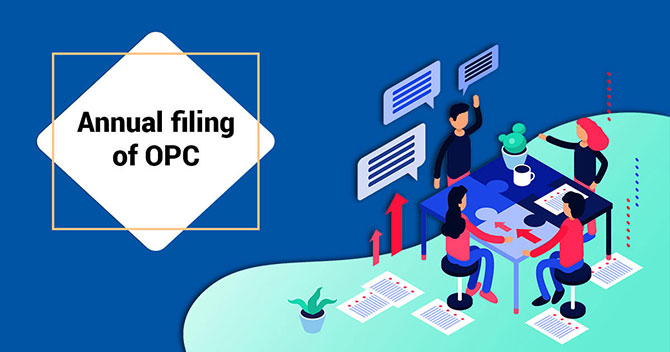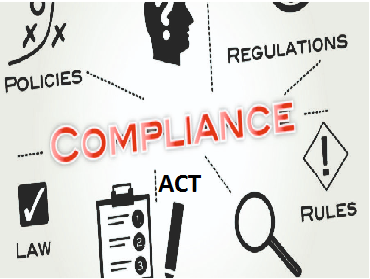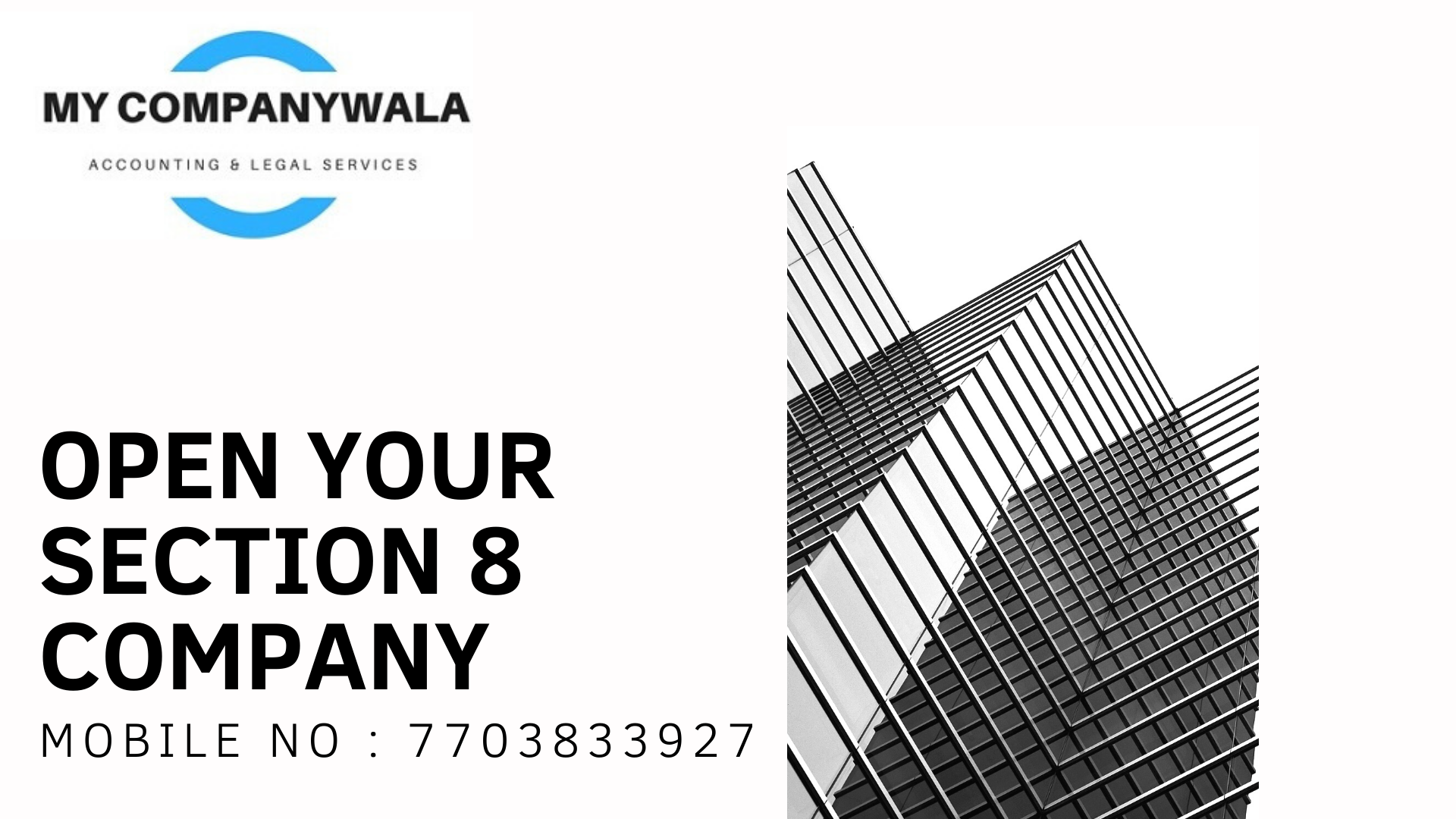What Does a Trademark Protect? A Complete Guide for Indian Businesses

In today’s competitive business world, ensuring that your brand remains distinctive is crucial. What does a trademark protect? A trademark safeguards your brand’s unique identity, preventing others from using your brand’s elements without permission. From logos to slogans, trademarks play a significant role in maintaining your business’s reputation and market position. Whether you're a startup, SME, or an established business, understanding what does a trademark protect is essential for long-term success. This guide will walk you through the ins and outs of trademark protection, why it's important, and how to secure your intellectual property. Before we dive deeper into what does a trademark protect, it’s important to define what a trademark is. A trademark is a legally recognized symbol, word, or combination of both that signifies the source of goods or services. Trademarks are crucial assets for businesses as they distinguish one business’s products or services from others in the market. Under the Trade Marks Act, 1999, trademarks are divided into various types: Logos: Visual representations of your brand’s identity. Names: Business or product names that carry brand significance. Slogans: Memorable phrases that communicate the brand’s value. Shapes, Sounds, and Colors: Unique designs or auditory cues associated with your brand. These elements help build a distinct identity and reputation in the market. So, what does a trademark protect? It protects these unique identifiers and ensures that no one else can legally use them to deceive consumers or dilute your brand’s value. A trademark does much more than just protect your logo or name—it plays a pivotal role in the success and growth of your business. Here are some key aspects of what does a trademark protect: Brand Identity and Customer Recognition: A trademark provides consumers with a clear, recognizable brand identity. When consumers see your trademark, they instantly associate it with your products or services, fostering loyalty and trust. Distinctiveness from Competitors: What does a trademark protect in this regard? It ensures that your brand is distinguishable from competitors. Without this protection, businesses risk losing their identity, as others could copy their unique features. Protection from Infringement and Brand Dilution: A trademark legally shields your business from unauthorized use by others. Without this protection, competitors could use a similar logo or name, confusing customers and potentially damaging your brand's credibility. Legal Enforceability: A registered trademark provides you with the legal authority to take action against infringers. If someone else tries to use your brand’s identity without permission, you can sue them for damages and prevent further misuse. Building Goodwill and Credibility: Trademarks are vital for establishing credibility in the market. By registering your trademark, you show customers and competitors alike that your brand is legitimate, trustworthy, and worth protecting. In conclusion, what does a trademark protect? It protects the unique aspects of your brand—your logo, name, slogan, and other distinctive elements—that make your business stand out in the marketplace. One of the most critical aspects of what does a trademark protect is whether the trademark is registered. Here’s the distinction between registered and unregistered trademarks: Registered Trademarks: A registered trademark provides you with exclusive rights to use your trademark in connection with your goods or services. The registration process grants legal protection, making it easier to take action against infringement. The trademark holder can use the ® symbol to signify the trademark is officially registered. Unregistered Trademarks: Even without formal registration, a business can claim ownership of a trademark by using the ™ symbol. However, the protection provided to an unregistered trademark is limited and harder to enforce legally. The risks of not registering are significant. Without registration, what does a trademark protect becomes less clear, and businesses may find it harder to defend their brand identity. Additionally, competitors could potentially exploit the lack of a registered trademark to capitalize on your hard-earned brand value. Another essential factor in what does a trademark protect is the territorial nature of trademark rights. A trademark is protected within the boundaries of the country or region in which it is registered. This means that registering your trademark in India protects it within India, but does not automatically extend to other countries. If you plan to expand your business internationally, you must register your trademark in each of the countries where you wish to operate. Madrid Protocol: This treaty allows businesses to register their trademarks in multiple countries through a single application. However, it’s important to understand that even with international registration, each country’s trademark laws may differ. Clearance Search: Conducting a clearance search before filing a trademark application is crucial. It ensures that what does a trademark protect won’t overlap with existing trademarks, avoiding legal conflicts down the line. Trademark protection offers numerous advantages for businesses. Beyond the legal protection from infringement, what does a trademark protect in terms of business growth and strategy includes: Legal Exclusivity: Owning a registered trademark gives you the exclusive right to use your brand elements. This exclusive control ensures that competitors cannot use your trademark or similar marks for their own advantage. Increased Valuation and Asset Value: Trademarks are intangible assets that contribute to the overall value of your business. A strong trademark can significantly increase your brand's value, making it a valuable asset for investment or sale. Opportunities for Licensing and Franchising: A trademark can create additional revenue streams by licensing or franchising your brand. Once your trademark is established, you can allow others to use it for a fee, expanding your business network. Protection from Copycats and Cybersquatters: Without trademark protection, your business is vulnerable to imitators and individuals trying to capitalize on your brand’s success. A registered trademark prevents others from infringing on your brand identity. What does a trademark protect? It protects your brand’s unique elements, ensuring your business remains competitive, valuable, and legally safeguarded in a crowded market. To benefit from what does a trademark protect, you need to register your trademark in India. Here’s a simplified guide to the trademark registration process: Trademark Search: Begin by conducting a trademark search to check if your desired trademark is already in use or too similar to another. This can save you time and money by avoiding potential conflicts. Choose the Correct Class: Trademarks are classified into various categories based on the type of goods or services you offer. Selecting the correct class is essential for the success of your application. File the Application: You can file your application online with the Intellectual Property Office (IPO) of India. The application requires specific details about your trademark, its use, and the associated goods/services. Examination and Objections: After submitting the application, the IPO will examine it. If there are any objections or issues, you’ll be notified and need to respond accordingly. Publication and Registration: If there are no objections, your trademark will be published in the Trade Marks Journal. Once published, you’ll receive your trademark registration certificate. Fees: The fees for registering a trademark in India typically range from ₹4,500 to ₹9,000, depending on the nature of the application (individuals, companies, etc.). Timeline: Trademark registration in India can take anywhere from 12 to 18 months, depending on objections and the specific circumstances. Many businesses overlook critical steps in the trademark registration process. Here are some common mistakes to avoid when dealing with what does a trademark protect: Choosing Generic or Descriptive Names: Generic or overly descriptive trademarks can be difficult to protect. Ensure your trademark is unique and distinctive. Skipping the Clearance Search: Not conducting a thorough search may lead to conflicts with existing trademarks. Always check for similar trademarks before filing. Filing Under the Wrong Class: Incorrectly classifying your trademark can cause delays or rejection. Make sure you select the appropriate class for your product or service. Ignoring International Markets: If you plan to expand globally, don’t forget to consider international trademark protection. It’s important to understand that a trademark is different from your company name or domain name. While a company name or domain name might reflect your business identity, they do not offer protection for your logo, slogan, or other brand elements. What does a trademark protect that company names or domain names don’t? It safeguards the full range of your brand’s unique identifiers, preventing others from copying or infringing on your intellectual property. In conclusion, understanding what does a trademark protect is crucial for businesses looking to safeguard their brand identity. From logos to slogans, trademarks provide legal protection, enhance brand value, and offer a competitive edge in the market. For Indian businesses, registering a trademark is a vital step in protecting intellectual property and ensuring long-term success.Understanding Trademarks
What Does a Trademark Protect?
Registered vs. Unregistered Trademarks
Territorial Nature of Trademark Protection
Benefits of Trademark Protection for Businesses
How to Register a Trademark in India
Common Mistakes to Avoid
Trademark vs. Company Name or Domain Name
Conclusion

























.jpg)
.jpg)



.jpg)
.jpg)
.jpg)
.jpg)










